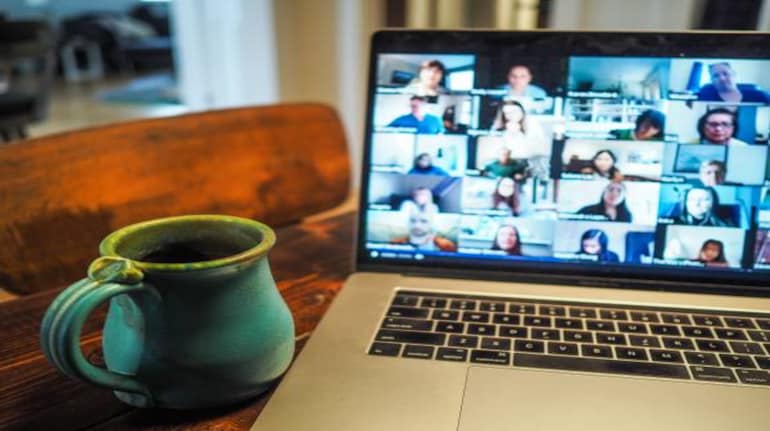Prepare for this new digital life by securing it and pushing informational privacy and security to the mainstream discourse
Note to readers: Hello world is a program developers run to check if a newly installed programming language is working alright. Startups and tech companies are continuously launching new software to run the real world. This column will attempt to be the "Hello World" for the real world, celebrating success when it's due and highlighting errors when needed.
A virus, surprisingly biological, has forced the tech world to adopt remote work with gusto. Companies like Google that set the bar high for workplace ambiance with free laundry and gourmet food have allowed employees to work from home until mid next year. Within weeks of the pandemic, Infosys, Wipro, and several other Indian technology services companies, allowed millions of workers to log in from home and service clients halfway across the world.
All told, we’re likely to see a few people returning to the office sometime by the end of this year or early next year. And that’s hoping that science has a fitting reply for the scourge unleashed by the Coronavirus — a vaccine if we’re being optimistic or at least some form of herd immunity. One can only hope for the best.
But one thing is clear. Remote work or what was called ‘telecommuting’ a few years ago, is finally mainstream and will continue to be that way for years to come. This means as adults, we’re going to spend more and more time online. Living, working, and entertaining ourselves online.
The kids? The kids are alright. But they’re young and unsuspecting of the rather dark side of the digital economy built by us. They will leave more of their footprints online. The cameras will be on more than ever before. The emails, instant messages, and even whispers in your drawing room will be read, heard, and analyzed. All that may still be okay. But in virtual worlds — games and social media included — strangers will befriend the vulnerable and exploit them. Hackers and criminals will continue to find and attack the weak links.
Imagine the laptop of an early teenager under siege by ransomware. Imagine the attacker sitting halfway across the world, heavily cloaked, forcing them to commit real-world actions. Truth is, you don’t have to imagine this. It’s already happening around the world.
 Since the schools are shut, millions of children in India — where online safety is poorly understood— have suddenly been thrust into the world of online learning. But teachers and parents are neither equipped with the knowledge or tools to be able to prevent such attacks.
Since the schools are shut, millions of children in India — where online safety is poorly understood— have suddenly been thrust into the world of online learning. But teachers and parents are neither equipped with the knowledge or tools to be able to prevent such attacks.
Millions of computing devices that make up the world’s second-largest online population run pirated software that could further expose them. It’s easy for someone to start a WhatsApp rumour and send millions of users to download apps from developers of questionable credentials.
Nothing online can be 100 percent secure. But as Luis Corron, the technical director of PandaLabs points out, as adults we can help secure their digital life as best as we can. Corron suggests setting up parental controls on devices, web browsers, and all apps that children access. He also recommends using anti-virus software; reviewing the privacy settings of apps and services, and setting up age-appropriate controls on streaming services.
Schools and colleges must educate children about the risks and advise ways to protect themselves. In fact, it wouldn’t be too much of a stretch to have a security administrator review security settings of devices and apps or publish best practices.
Policing agencies that are geared to deal with law and order in the physical world, must gear themselves better to deal with online crime. Above all, the police must develop mechanisms to collaborate with their peers in other countries. And finally, informational privacy and security must become part of the mainstream discourse a lot more than it is today. The problem is very real. And the time to act is now.
Jayadevan PK is a former technology journalist and recovering startup founder. He now works with Freshworks Inc as an evangelist, focusing on efforts around brand building. He’s also a commissioned author at HarperCollins.




